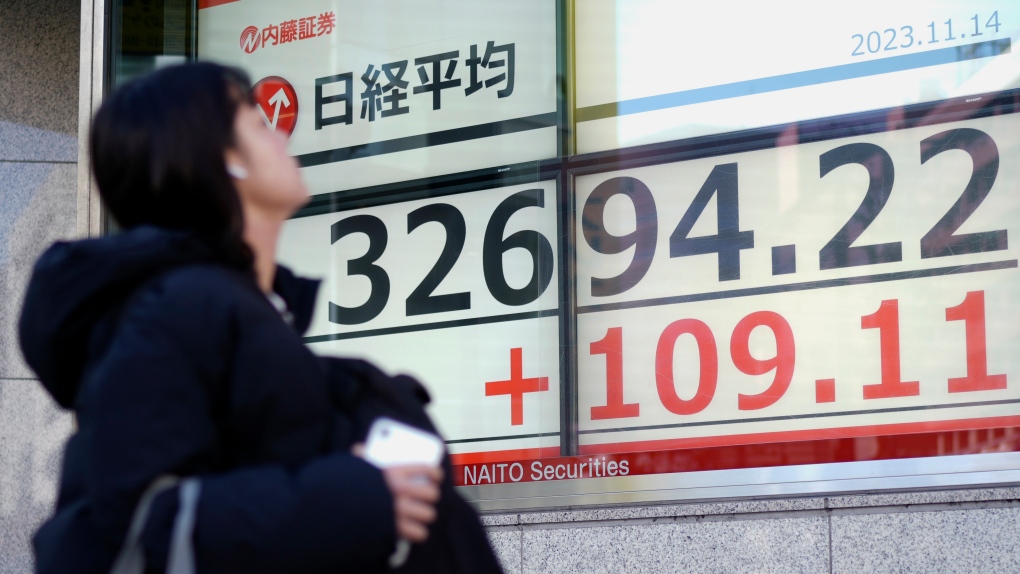TOKYO –
Japan’s economy slipped into a contraction in the third quarter, decreasing at an annual pace of 2.1 per cent as consumption and investments shrank, the government reported Wednesday.
Real gross domestic product, which measures the total value of a nation’s products and services, fell 0.5 per cent in the July-September period for the world’s third largest economy, the Cabinet Office said. That would produce a 2.1 per cent drop if the quarter’s performance continued for a full 12 months.
The downturn came after the economy grew a revised 3.7 per cent in the first quarter and a revised 4.5 per cent in the second quarter on an annualized basis, according to the government figures.
The third quarter’s performance was far worse than what had been expected, according to the financial services company ING, which had forecast an annual contraction of 0.5 per cent.
“Most of the miss in the consensus forecast came from weaker-than-expected domestic demand items, such as consumer spending, business investment and inventory accumulation,” Robert Carnell, ING’s head of research for the Asia-Pacific area, said in a report.
Private consumption shrank an annualized 0.2 per cent during the quarter, while corporate investment decreased 2.5 per cent.
Economic activity in the previous two quarters got a boost from recovering exports and inbound tourism. Social restrictions related to the COVID-19 pandemic have gradually eased, allowing for more travel and a fix to the crimped supply chain for production.
Exports managed to eke out 0.5 per cent growth in the latest quarter, in contrast to a 3.2 per cent rise in the second quater. Auto exports have recovered after stalling over the shortage of computer chips and other parts. Also adding to exports was tourism revenue.
Public demand, which includes government spending, rose at an annual pace of 0.6 per cent in the latest quarter.
Given the numbers, Japan’s central bank isn’t likely to consider any move toward higher interest rates.
The Bank of Japan has taken a super-easy monetary policy for years, with zero or below-zero interest rates aimed at energizing an economy long beset by deflation, which reflects the stagnation that has plagued Japan with its aging and shrinking population.
Some analysts said the sharp contraction could be temporary.
Prime Minister Fumio Kishida has pushed a 17 trillion yen (US$113 billion) stimulus package, including tax cuts and household subsidies. A supplementary budget for its funding recently won parliamentary approval.

